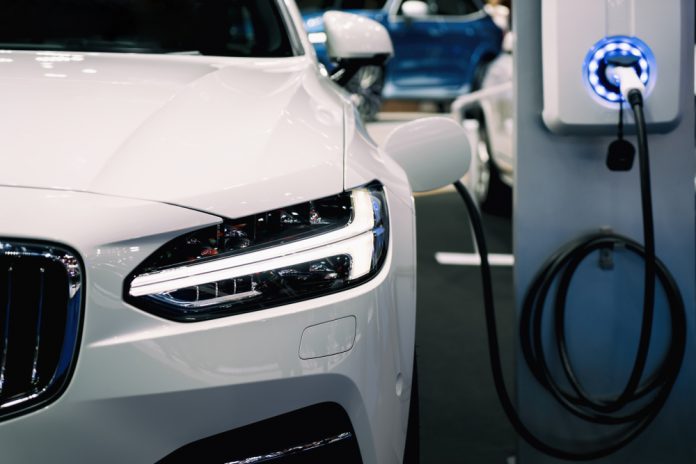Electric vehicle discounts caused rising new car prices to stall in June, with transaction totals rising only 1.6% from the prior year.
This growth is the smallest jump prices have taken since early 2020 and suggests that the new car market may be normalizing after the pandemic. Cox Automotive reports that the average transaction total in June was $48,808, a month-over-month increase of 0.3% but a six-month decline of 1.7% from January. However, while gas-powered vehicles did see some price adjustments during the period, this change had little impact on overall costs. A far more significant contributor to this stagnation was the electric vehicle segment. EVs were 20% cheaper in June than they were last year, falling nearly $13,000 to $53,438. This fall has dragged luxury values down by 4% from the start of 2023.
This sudden price drop is largely the result of actions taken by Tesla. Since last December, the electric vehicle brand has offered multiple discounts across its lineup in an effort to bolster demand in an increasingly competitive segment, even as other car manufacturers have remained hesitant to respond to Tesla’s strategy with price cuts of their own. Nevertheless, since the Elon-Musk-led company still controls a strong majority of the EV market, it is inevitable that its decisions will have a marked impact on overall new car prices.
Dealers, on the other hand, are unlikely to have felt any real change in June, especially considering that Tesla is a non-franchise manufacturer and, thus, not a direct competitor. New cars are still far more profitable than they were before the pandemic, and while electric vehicle demand is certainly rising, the technology remains confined to a niche market. Still, this does not mean store owners should ignore the overall slowdown in rising car prices. If the market is beginning to normalize, businesses should be prepared to adapt to tighter margins and seek alternative ways of boosting revenue.




